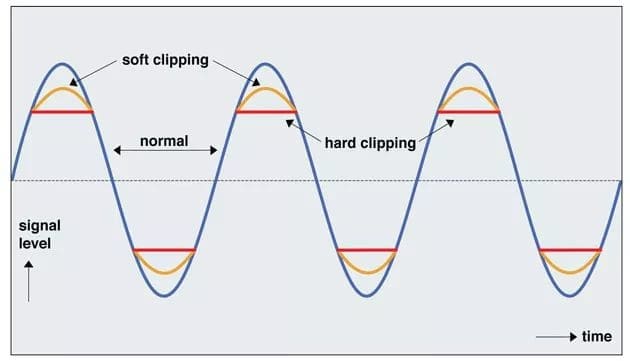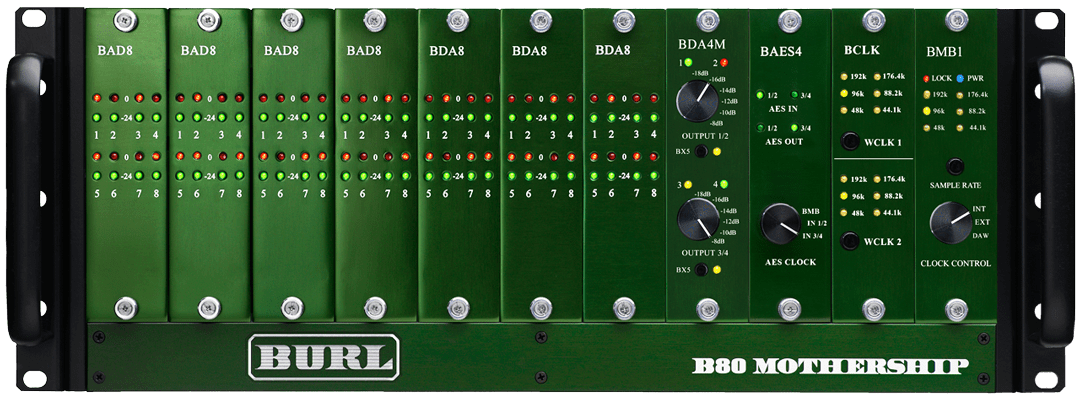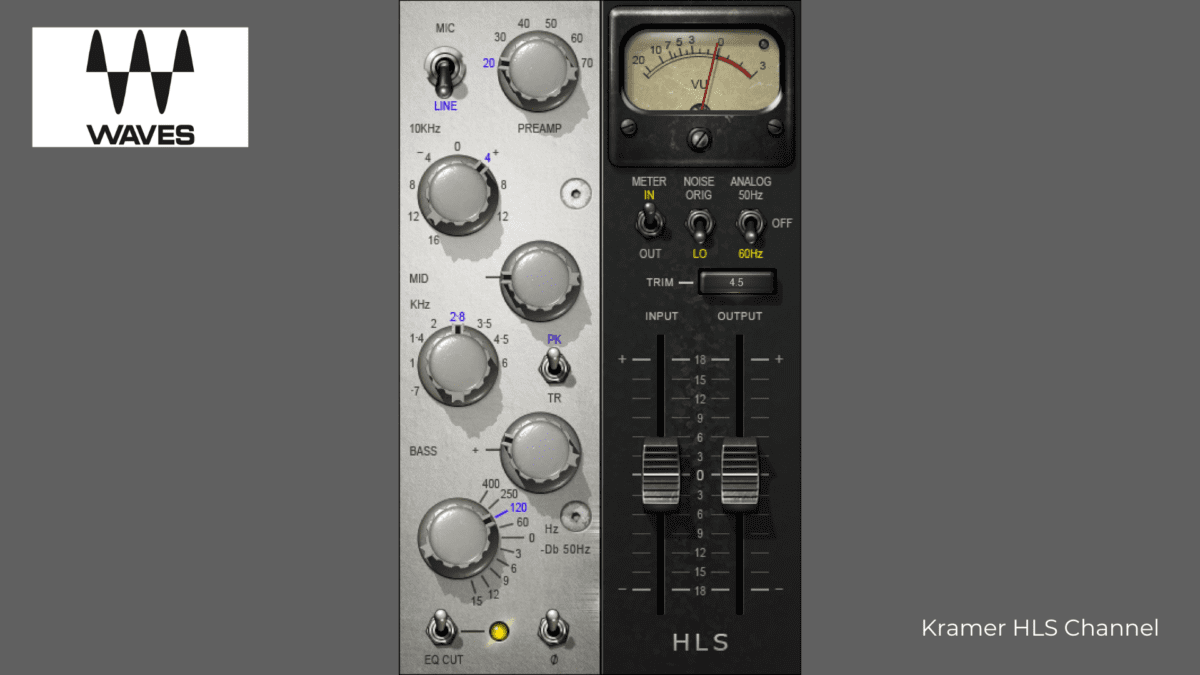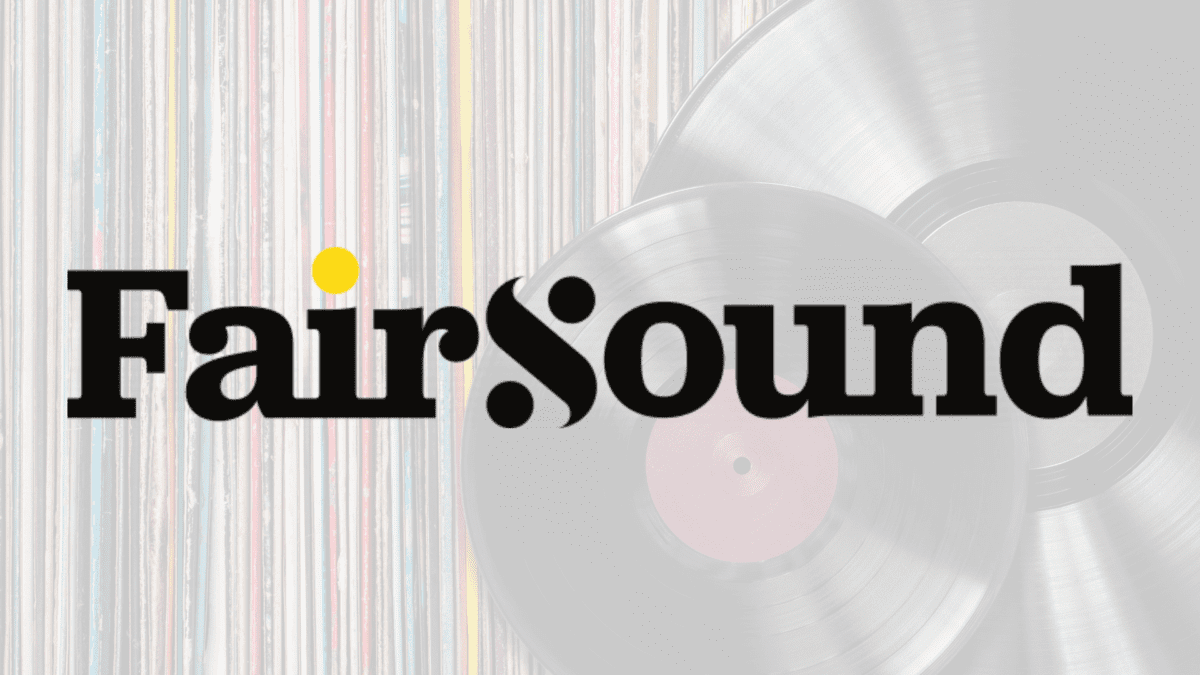A clipping converter is a sound processing technique that has been used by mastering engineers for quite some time. It can be viewed as an alternative to limiting and saturation and is relatively straightforward to do.

If you haven’t done it yet, we highly recommend giving it a try!
What do I need for the processing technique?
Take a close look at The B80 MOTHERSHIP from Burl Audio is an extremely powerful and versatile audio interface.
It features sixteen channels of analog I/O, eight channels of digital I/O, and an array of features designed to make your recording and mixing sessions run smoothly and efficiently. The B80 MOTHERSHIP has a built-in DSP engine for real-time signal processing, as well as a built-in MIDI interface for controlling external devices.

The interface for the clipping converter also features a built-in headphone amplifier and a pair of monitor outputs. The B80 MOTHERSHIP is designed to be easy to use, with intuitive controls and an easy-to-use software interface.
It also comes with a variety of plugins and virtual instruments, allowing you to get creative with your recordings. With its high-quality audio components, the B80 MOTHERSHIP is an ideal choice for any recording or mixing setup.
More About Clipping Converter
One of the key benefits of using a clipping converter is that it can save valuable recordings that would otherwise be unusable due to clipping. This is particularly important for professional audio recordings, such as music or voiceovers, where quality is paramount.
There are a variety of clipping converters available on the market, ranging from standalone software applications to plugins for digital audio workstations. Many of these tools offer a range of additional features, such as noise reduction and EQ adjustments, to further enhance the audio quality.
It is important to note that while clipping converters can be effective in restoring audio quality, they are not a substitute for proper recording techniques. It is always best to ensure that recordings are made at appropriate levels to avoid clipping in the first place.
For more info and where to purchase one, click here.









